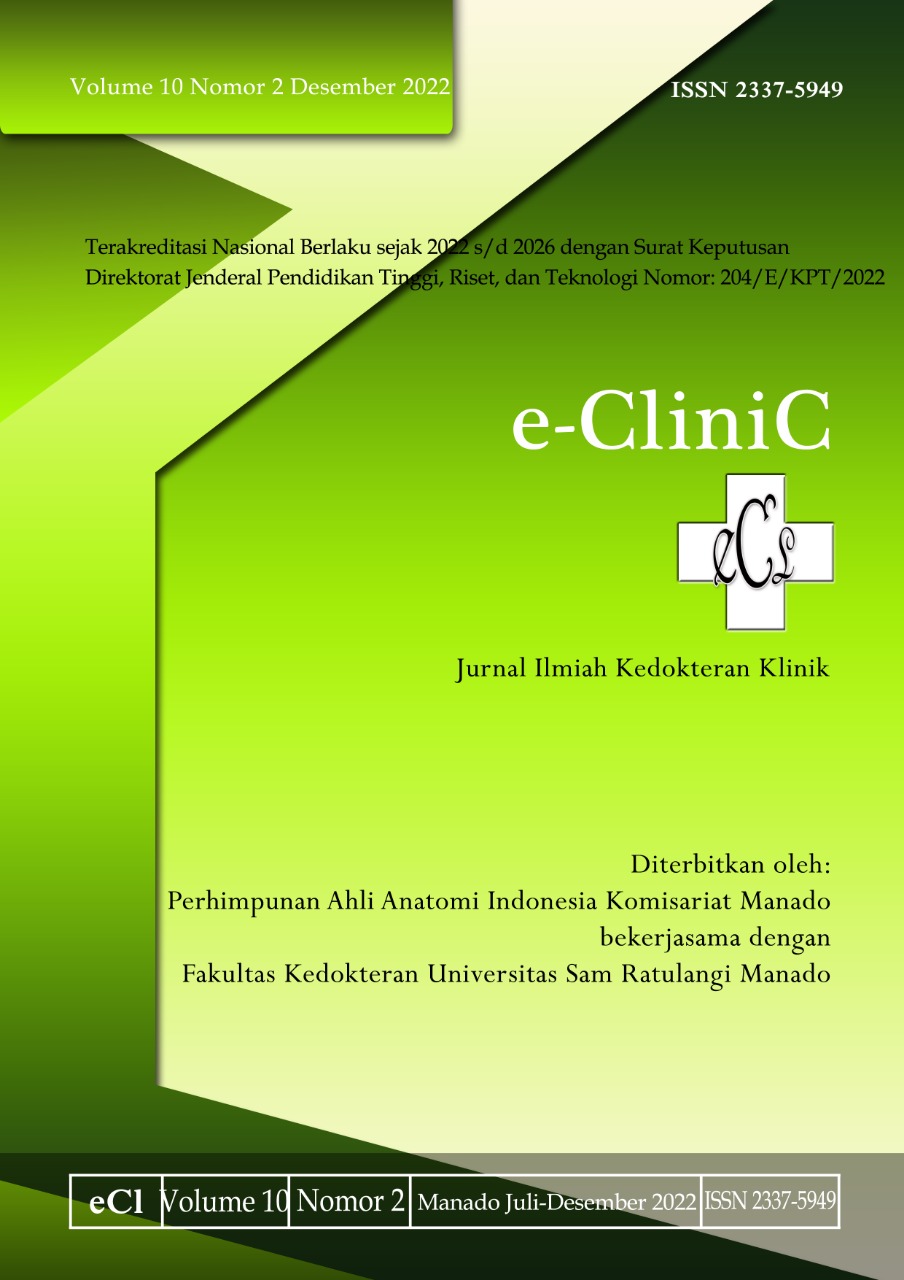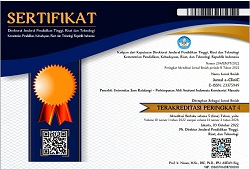Reasons of Refusal to Long Acting Reversible Contraception (LARC) on Reproductive Age Women: a Scoping Review
DOI:
https://doi.org/10.35790/ecl.v10i2.41489Abstract
Abstract: Contraception is essential in reproductive health service. Through proper contraception, various risks related to pregnancy and birth can be avoided. Long acting reversible contraception (LARC) is deemed as the most efficient contraceptive metod. However, it faces significant refusal among women worldwide. This study aimed to determine the reason of LARC refusal among reproductive age women. A scoping review was done using a guideline from Preferred Reporting Items for Systematic Reviews and Meta-Analyses Extension for Scoping Reviews (PRISMA-ScR) on studies performed on Asian developing countries. The results showed that a total of seven articles were analyzed. The most common reason for LARC refusal was the disagreement of husband or other family members. Prior knowledge of LARC might increase the acceptance of LARC. In conclusion, since the most common reason for LARC refusal was the disagreement of husband or other family members, education of LARC method on pregnant women, their spouses, and their families is essential to reduce that rate of LARC refusal.
Keywords: contraception; long acting reversible contraception; refusal
Downloads
Additional Files
Published
How to Cite
Issue
Section
License
COPYRIGHT
Authors who publish with this journal agree to the following terms:
Authors hold their copyright and grant this journal the privilege of first publication, with the work simultaneously licensed under a Creative Commons Attribution License that permits others to impart the work with an acknowledgment of the work's origin and initial publication by this journal.
Authors can enter into separate or additional contractual arrangements for the non-exclusive distribution of the journal's published version of the work (for example, post it to an institutional repository or publish it in a book), with an acknowledgment of its underlying publication in this journal.
Authors are permitted and encouraged to post their work online (for example, in institutional repositories or on their website) as it can lead to productive exchanges, as well as earlier and greater citation of the published work (See The Effect of Open Access).







